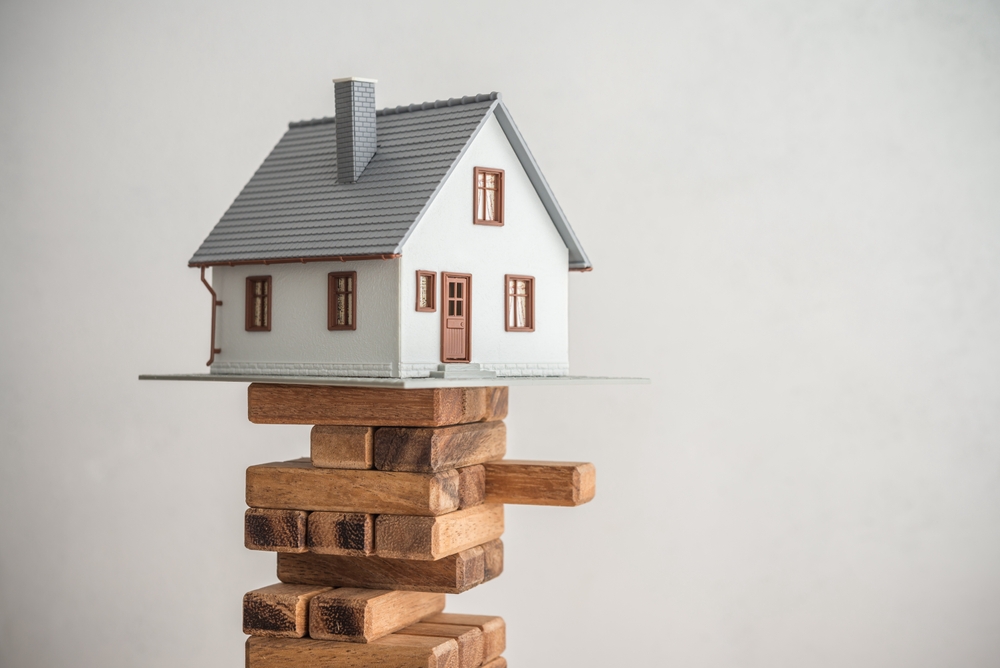Understanding Home Value: A Comprehensive Guide to Property Worth Estimation
Determining the value of your home is more than just a number on paper—it's an essential piece of financial information that impacts everything from selling decisions to refinancing options. Whether you're planning to sell, refinance, or simply want to understand your property's worth, having an accurate home value estimate provides crucial insight into your largest investment. The process of estimating home value combines both science and art, drawing on market data, property specifics, and professional expertise to arrive at a figure that represents your property's true worth in the current market.

How to Estimate the Value of My Home Accurately
Accurately estimating your home’s value requires a multi-faceted approach. Start by researching recent sales of comparable properties in your neighborhood, commonly known as “comps.” These are properties similar to yours in size, age, condition, and features that have sold within the past three to six months. Online property portals offer preliminary estimates, but these automated valuations can vary widely in accuracy. For a more precise assessment, consider hiring a professional appraiser who will conduct a thorough inspection of your property, analyzing everything from structural integrity to aesthetic appeal. They’ll also factor in your home’s unique features, such as renovations, landscaping quality, and energy-efficient upgrades that might significantly impact its market value.
What Factors Affect My Property Worth Estimation
Numerous factors influence your property’s value estimation. Location remains the most significant determinant—properties in desirable neighborhoods with good schools, low crime rates, and convenient amenities typically command higher prices. The size and layout of your home matter considerably, with particular attention paid to usable square footage, number of bedrooms and bathrooms, and functional floor plans. Property condition significantly impacts valuation; well-maintained homes with updated systems (plumbing, electrical, HVAC) generally receive higher valuations. Market conditions play a crucial role too—whether you’re in a buyer’s or seller’s market affects how properties are valued. Finally, economic factors like interest rates, employment rates, and overall economic health in your region can cause property values to fluctuate independently of your home’s physical characteristics.
Professional vs. DIY House Pricing Estimate Methods
When determining your home’s value, you can choose between professional services and do-it-yourself approaches. Professional appraisals, typically costing between £300-£600, provide the most authoritative valuation and are required for certain financial transactions. Real estate agents often offer comparative market analyses (CMAs) at no cost, though these may come with the expectation of listing your home with them. For DIY estimates, online valuation tools use algorithms based on public data to generate quick estimates, while manual comparative analysis involves researching recent sales and adjusting for your property’s specific features. Each method carries different levels of accuracy, cost, and time investment.
How Often Should I Update My Home Value Estimate
Property values rarely remain static, making regular updates to your home’s valuation advisable. In rapidly changing markets, quarterly updates might be necessary, while annual reviews suffice in more stable regions. Significant life events often trigger the need for a new valuation—considering selling your home, refinancing your mortgage, or pursuing a home equity loan all require current valuations. Major home improvements or renovations that add substantial value should prompt a reassessment, as should notable changes in your neighborhood such as new schools, commercial developments, or infrastructure improvements. External economic factors like interest rate changes or major shifts in the housing market also warrant a fresh property valuation to ensure you have the most accurate picture of your home’s worth.
Tools and Resources for Property Worth Estimation
Today’s homeowners have access to numerous resources for estimating property values. Online valuation websites like Zoopla, Rightmove, and Nationwide offer automated valuation models (AVMs) that provide instant estimates based on available public data. These tools vary in accuracy and may not account for recent renovations or unique property features. Property market reports from organizations like Nationwide and Halifax provide regional price trends and insights that help contextualize your home’s value within broader market movements. Mobile applications now offer convenient ways to track your home’s estimated value over time, while government resources such as the UK House Price Index provide official statistics about property price changes across regions.
The Cost of Professional Home Valuation Services
Professional home valuation services vary widely in cost depending on the level of detail required and the purpose of the valuation.
| Service Type | Provider | Cost Estimation | Notes |
|---|---|---|---|
| Standard Appraisal | RICS-Registered Surveyor | £300-£600 | Detailed assessment including physical inspection |
| Mortgage Valuation | Bank/Building Society | £150-£300 | Basic valuation primarily for lender’s benefit |
| Homebuyer Report | RICS-Registered Surveyor | £400-£950 | Valuation plus condition assessment |
| Building Survey | Chartered Surveyor | £600-£1,500 | Comprehensive survey with detailed property analysis |
| Estate Agent Valuation | Local Estate Agents | Often Free | Marketing tool for potential listing |
Prices, rates, or cost estimates mentioned in this article are based on the latest available information but may change over time. Independent research is advised before making financial decisions.
Making the Most of Your Home Value Information
Once you have a reliable estimate of your home’s value, you can leverage this information in numerous ways. For homeowners considering selling, an accurate valuation helps set a competitive asking price that attracts buyers without leaving money on the table. If refinancing is your goal, understanding your current equity position guides decisions about loan options and potential interest savings. Property value information also informs renovation decisions by highlighting which improvements might deliver the best return on investment. For long-term financial planning, tracking your home’s changing value helps you understand your overall net worth and make informed decisions about wealth management. Remember that home valuation is not an exact science—multiple professional opinions combined with your own research typically provides the most reliable picture of your property’s true market value.




